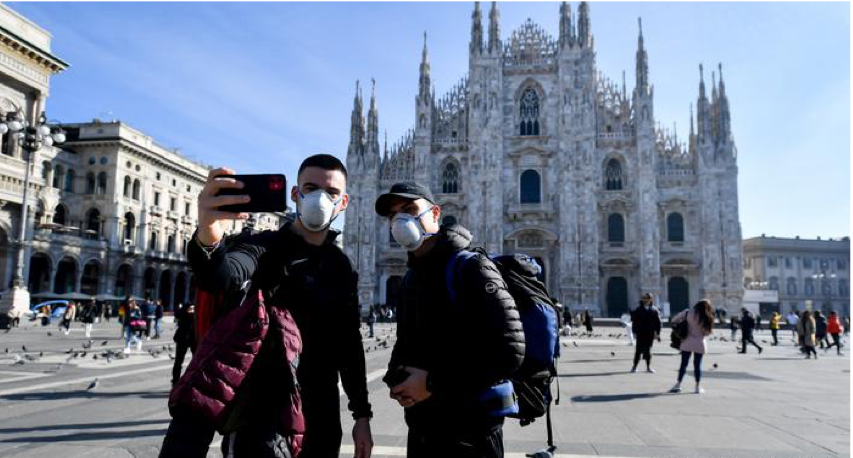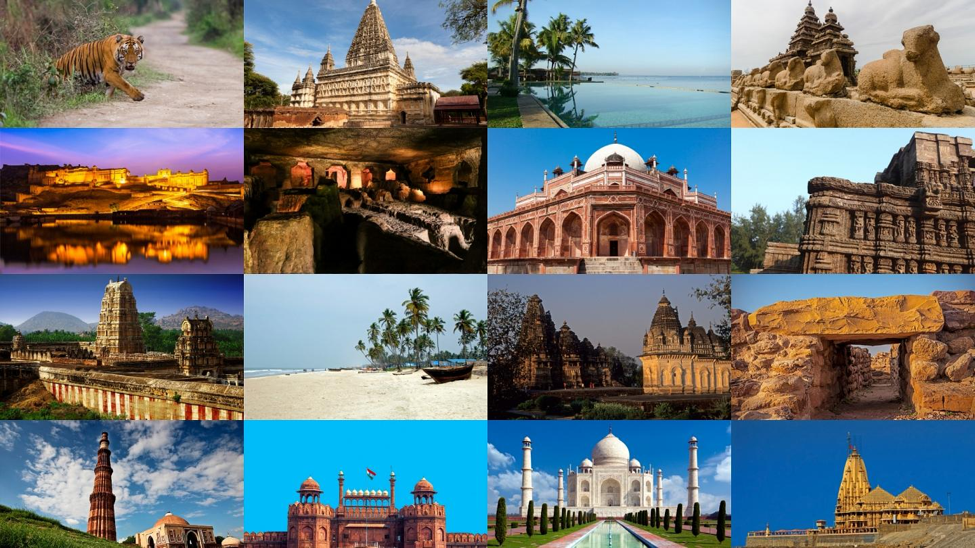The Future of the Tourism Market
23 Jun 2022 Travel News and Trends
The tourism market is not easy to articulate in a simpler concept; unlike other industries, this is not about only one sector. It encompasses a wide range of businesses, including lodging, transportation, attractions, and travel agencies. Tourism is described broadly: when individuals travel, connect, and stay in areas different than their natural surroundings for pleasure, business, health, or other purposes for less than one year. In 2021, the direct contribution of the tourism market to global GDP was around 8.8 trillion US dollars and added at least 319 million jobs to the world economy. According to the territories in the travel and tourism development index (TTDI) 2021, Japan, the USA, and Spain were the leading countries to receive the highest number of tourists gaining 5.2 points out of 7. Although travel and tourism contribute considerably to global GDP, both have been significantly hampered (at least 80%) by the worldwide coronavirus (COVID-19) pandemic that began in early 2020.
In this article, we will discuss the trends, opportunities, and threats to the future of the tourism market worldwide.
Trends of Future Tourism
- The ever-increasing acceleration of technical breakthroughs and shifting customer demand make forecasting the tourism market's future more challenging than ever before. Looking at macro trends, however, there is a clear direction of travel that might significantly alter the sector as we know it. The tendencies benefit end users and organizations that, in Darwin's words, are "best adaptive to change.”
- According to the Forbes, The Travel and Tourism Industry By 2030, through high options to control and be involved in the market's decision-making process, the customer will be more powerful than ever. The choice of alternates like Uber, Airbnb, and other booking websites gives thousands of options within a city as per your requirements. Customers will expect more in less time and effort.
- As augmented and virtual reality technology evolves, the cost of such gadgets in this field will fall dramatically. AR and VR will be the next way to enjoy places, travel, and activities. People would love to experience the “try before you buy” strategy as same as they are doing in the retail & shopping sectors. And any company that offers such services would be more profit-making than its competitors.

Threats to the Future of Tourism and Adaptive Measures
- Even if people's movements are still restricted due to the outbreaks, there is a strong, reinvigorated perception that people aspire to travel and explore places for pleasure and business. Many businesses strategist argue that pandemics are significantly shifting the idea of "travel." The fast rise of the "virtual travel" business is a perfect example. This pattern has been spurred not just by technological advancements but also by novel outbreaks. The travel and tourism industry will perish unless it conforms to this competitive strategy.
Shinya Katanozaka who is Representing Director and Chairman of Japan’s famous Airline ANA Holdings Inc, also mentions
“The travel and tourism sector will not be able to survive unless it adapts to the virtual market and sustainability conscience travelers.”
- Oscar White, who is the founder and CEO of the online ticketing Company Beyonk, also stresses the inclusion of e-commerce into the tourism market so that it can “adapt, optimize and evolve.” He gives an example of 360-degree tours of Rome and how these build trust and develop excitement in its viewers to experience them through booking. Consumer expectations are changing, and companies that fail to meet them will face competition.
- Climate conditions and management of the spread of pandemic influences tourists’ preferences for traveling. According to World Economic Forum, the tourists are packing their bags to visit only sustainable travel destinations (giving climate education, bike tours to historical & cultural sites, and involvement in eco-conservation).
Opportunities and Trends of Tourism market In Asian Countries
- According to the UNWTO / GTERC Asia Tourism Trends 2019, Asia remained the hotbed of tourism as it hosted more than 1.4 billion tourists. The international visitors in Asia jumped from 16% (in 2000) to 25% (in 2018). But the covid-19 halted the further increase in the international tourism trends in Asia. We are going to witness a travel renaissance. The Covid-19 outbreak may have disrupted the worldwide tourism market, but individuals are gradually bursting the bubbles and planning tours. Businesses must appreciate the traveler's growing demand to feel protected while traveling. According to a Tripadvisor study, three-quarters (76%) of tourists will continue to make destination decisions based on low infection rates of COVID-19.

- Dubai has been the host of tourist attractions but under Tourism Vision 2020 it has signaled to boost the future of the tourism market by announcing the 6 upcoming projects; Dubai Theme Parks, Dubai Frame, Blue waterfalls, etc. These projects are expected to attract almost 20 million visitors to Dubai.
- Similarly, India's second most populated country is expected to boom its future tourism in sports, culture, and adventure to 30.5 billion by 2028. The future of tourism in India is shining as well.

- In Financial Times (2022), Andy Lin writes that economic stagnation is threatening due to the war in Ukraine, rising fuel, food prices, and inflation, but at least one region is positioned to avoid the worst of the downturn: south-east Asia. Countries like Vietnam, the Philippines, and Malaysia have experienced the least inflation rate and lifted pandemic entry protocols to fill their hotels through a vast number of tourists. So, it is predictable that if the socio-economic conditions along with health SOPs are managed effectively, this can be helpful in the recession of the tourism market in Asian countries like India, UAE, Philippines, and others.
In conclusion, the public-private partnership in facilitating immunization certification and passports would create no barrier for travelers in the future and common international laws would assist the tourists to travel faster. Giving the travelers a sense of safety from pandemics, and climate risks, and planning for the next crisis, will be critical for governments, locations, and tourism enterprises to succeed in their attempts to keep the world traveling.
Facebook Twitter Linkedin Pinterest
Blogs Categories
Recent Blogs
- National Aquarium tour Abu Dhabi 15 Feb 2026
- Abu Dhabi Full Day Trip 06 Feb 2026
- Abu Dhabi Desert Safari Tour 06 Feb 2026
- Abu Dhabi Morning Desert Safari 06 Feb 2026
- 30-Minute Dubai Jet Car Ride near Burj Al Arab 01 Feb 2026
- Real Madrid World Ticket Dubai 01 Feb 2026
- Dubai Jet Ski Ride Tickets 31 Jan 2026
- Miracle Garden and Global Village Combo Ticket 31 Jan 2026
- Yas Island Abu Dhabi Theme Parks Combo 25 Jan 2026
- Premium Desert Safari with VIP Seating 25 Jan 2026
